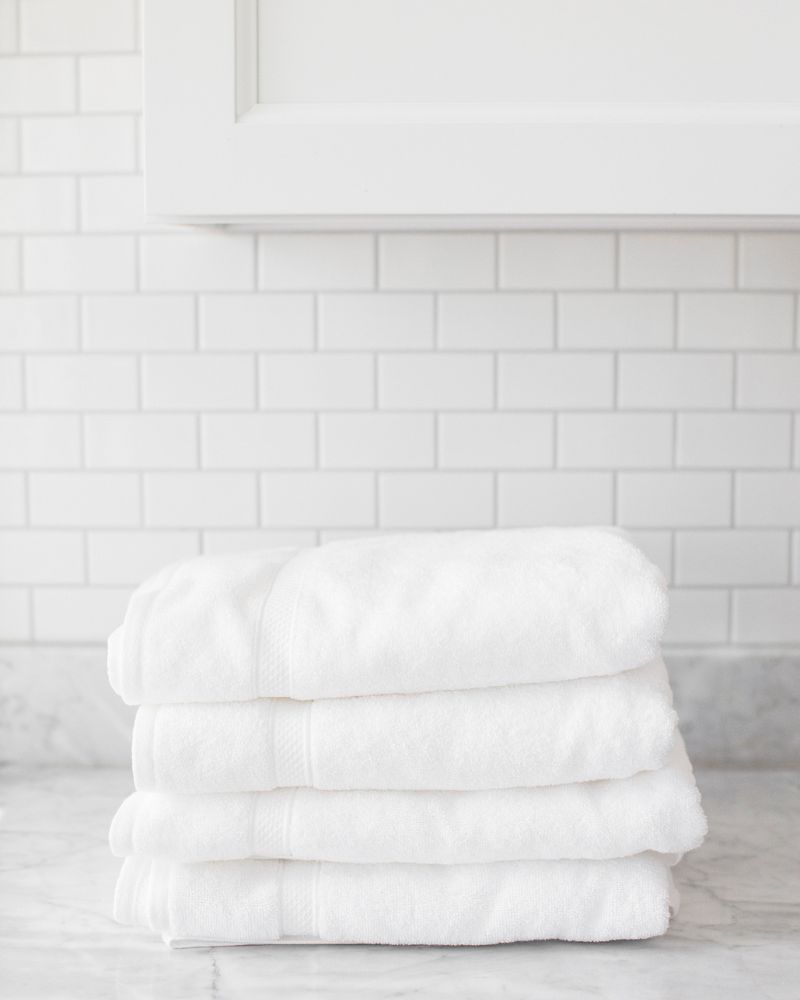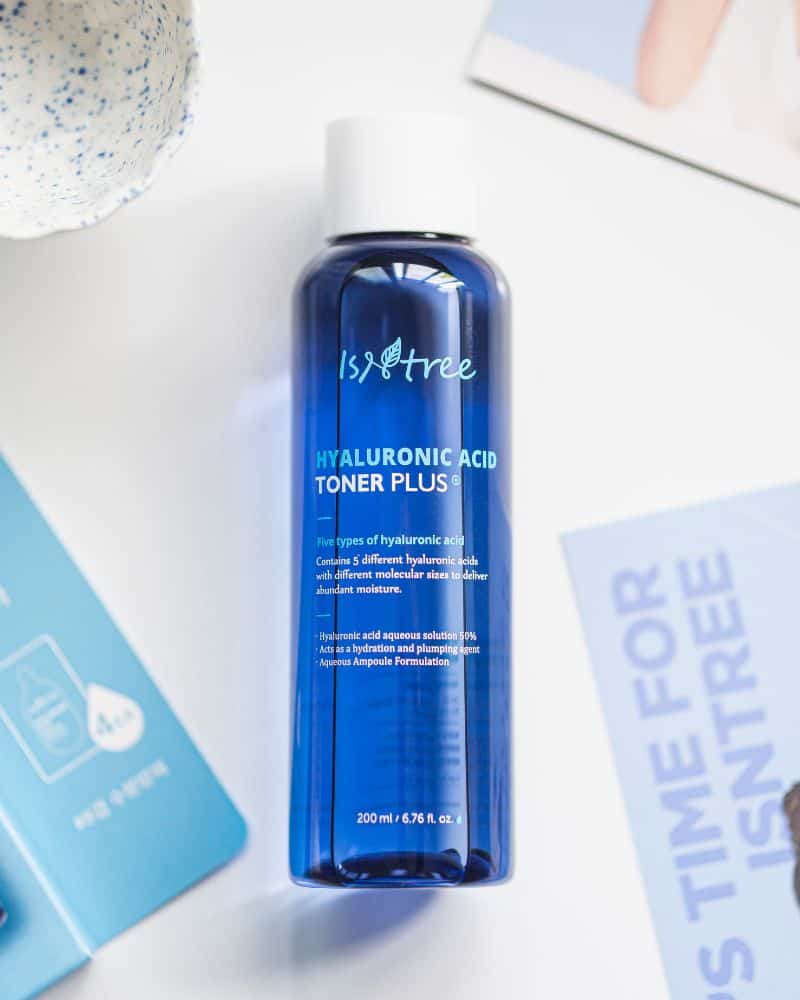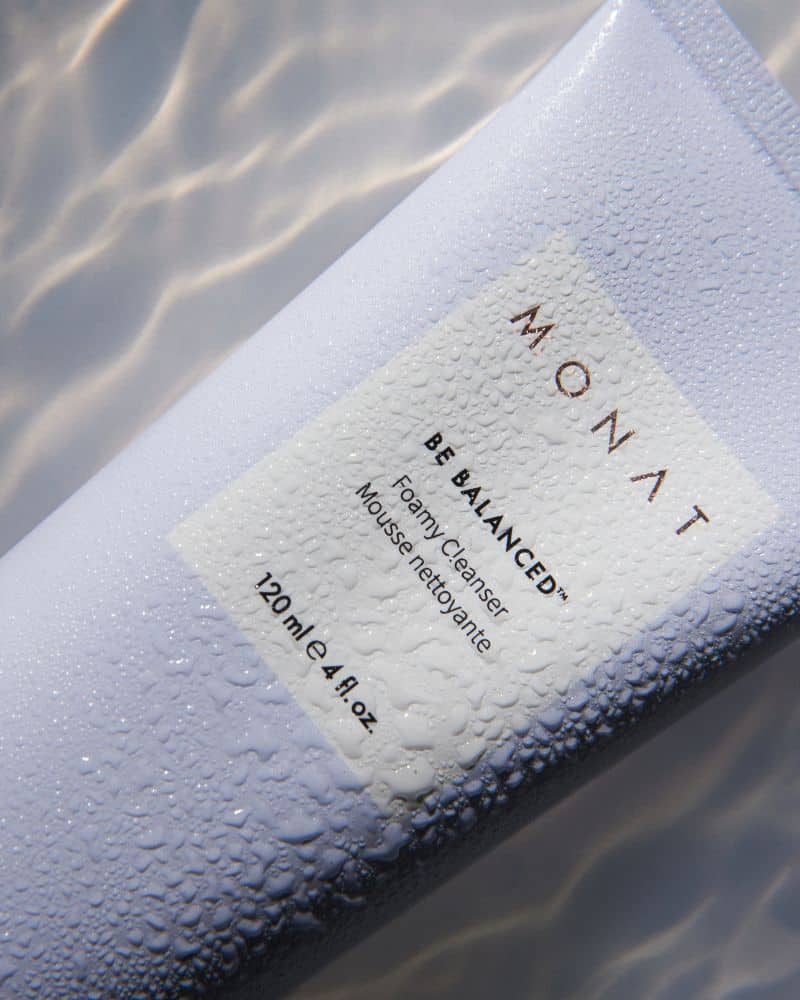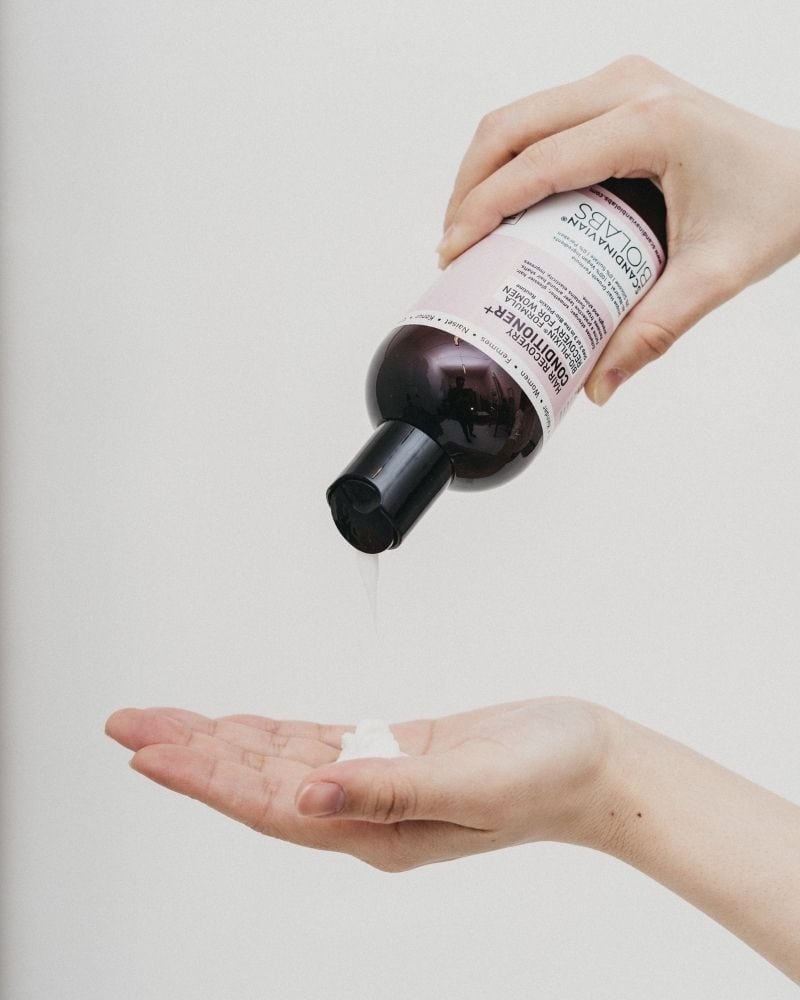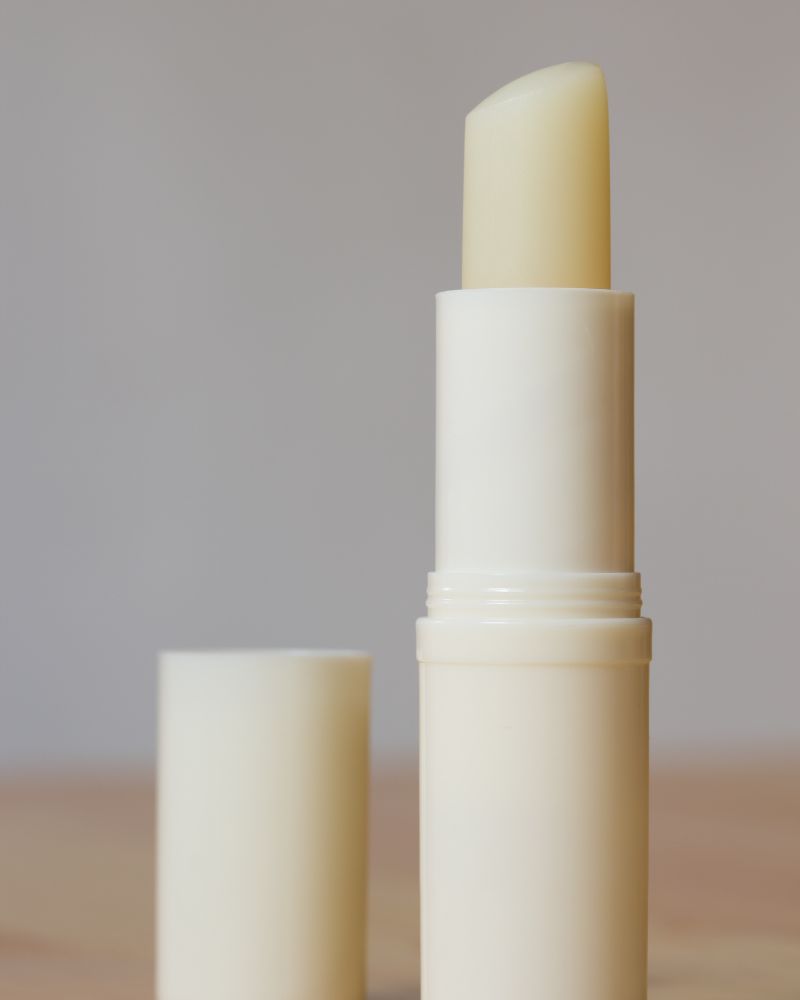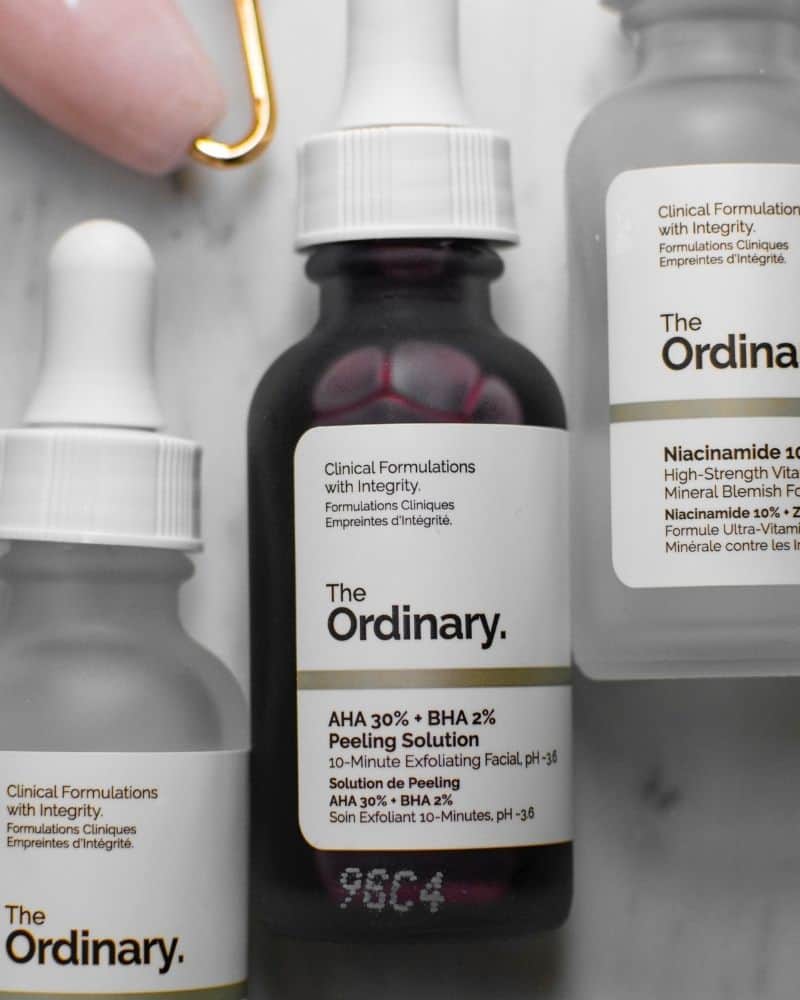Micellar Water Vs Witch Hazel: What’s The Difference?
This post may contain affiliate links.
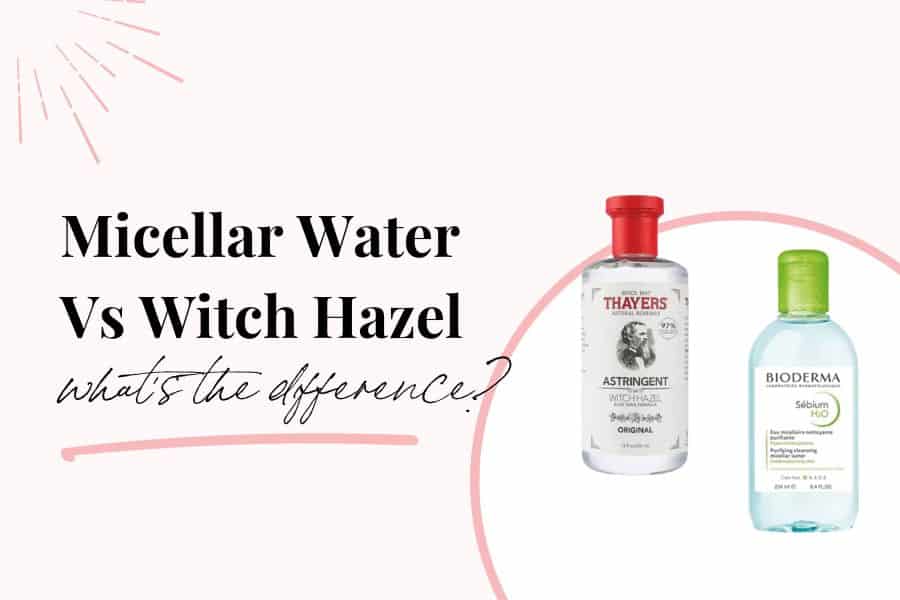
How do you decide what skincare products are right for your skin type? While the numerous options out there can be overwhelming, it really boils down to understanding the differences between each option and making an informed choice about what will work best for your skin type and skin concerns. Today, we’re going to explore two of the most popular products on the market: micellar water vs witch hazel. We’ll break down the differences, similarities and what makes them unique from one another to help you determine which one is best for your routine.
What Is Micellar Water
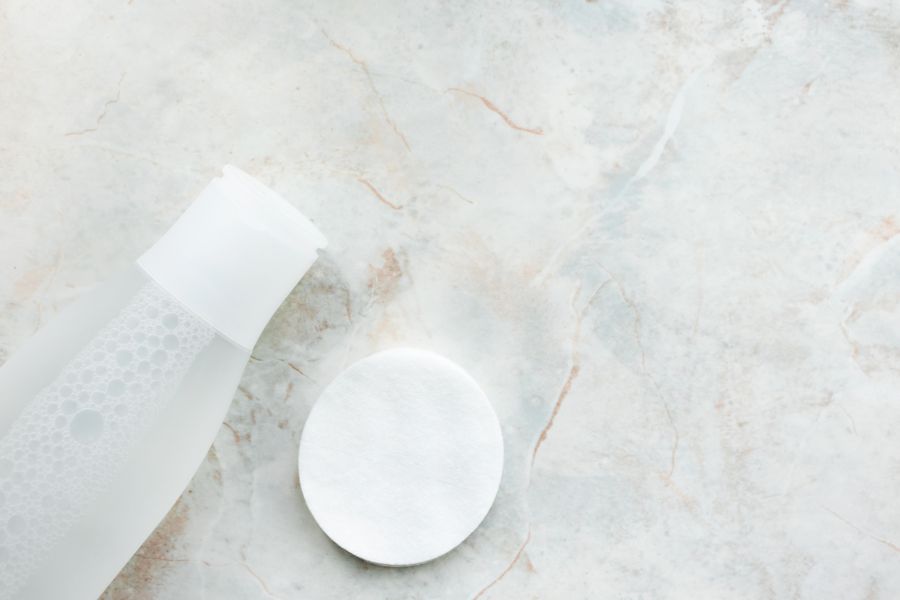
Micellar water is a type of waterless cleanser that is made of two main ingredients: water and micelles. In the micellar water, there are tiny little droplets of cleansing agents called micelles.
Micelles attract oils, dirt and other impurities. Micelles then bind to all the debris on the skin’s surface and lift it away without drying out your skin. This type of cleanser is extremely gentle and effective at removing makeup, dirt, oil and other impurities.
Micellar water is mainly used on a cotton ball and gently swept across the skin as a first cleanse to remove sunscreen and other impurities. It’s best to follow up with a second cleanser to ensure you’re removing any residue from the micellar water and cleansing the skin.
It is important to remember that micellar water cannot replace a cleanser. Even though it does do a good job of removing makeup and other impurities, it’s not enough to thoroughly cleanse the skin fully. Plus the residue left over can lead to breakouts and irritation if left on the skin.
Related post: Does Micellar Water Have Oil In It?
Benefits Of Micellar Water
- Hydrating – micellar water often contains added ingredients like glycerin, aloe or hyaluronic acid which help to hydrate the skin and keep it from getting dried out while cleansing.
- Gentle – micellar water is extremely gentle on the skin and is most beneficial for those with sensitive and reactive skin types. It’s gentle enough to cleanse the skin without stripping or causing irritation.
- Removes impurities – micellar water is great at removing dirt, oil and makeup. It can also be used to remove waterproof makeup eye makeup without irritating or scrubbing the skin.
The main benefit of micellar water is that it’s incredibly gentle on the skin. It doesn’t irritate sensitive areas like eyes and lips, making it an ideal choice for people with sensitive skin.
Related post: Can Micellar Water Cause Acne?
Who Should Use Micellar Water
Micellar water is a gentle cleanser that can be used by all skin types, from dry to oily. It is also ideal for those with sensitive skin, since it does not contain any harsh irritants. It is also gentle enough for people with skin conditions such as rosacea and eczema. Micellar water can be used as a daily cleanser and makeup remover and its best used as part of a double cleansing routine.
How To Use Micellar Water
To use micellar water, start by pouring a generous amount onto a cotton pad or ball. Gently wipe the pad over your skin, including your eye area. You may need to repeat the process, especially if you use a lot of heavy or waterproof makeup.
Follow up by rinsing your skin with lukewarm water and follow with a regular cleanser to ensure you remove any residue from the micellar water and cleanse the skin of any leftover impurities.
What Is Witch Hazel
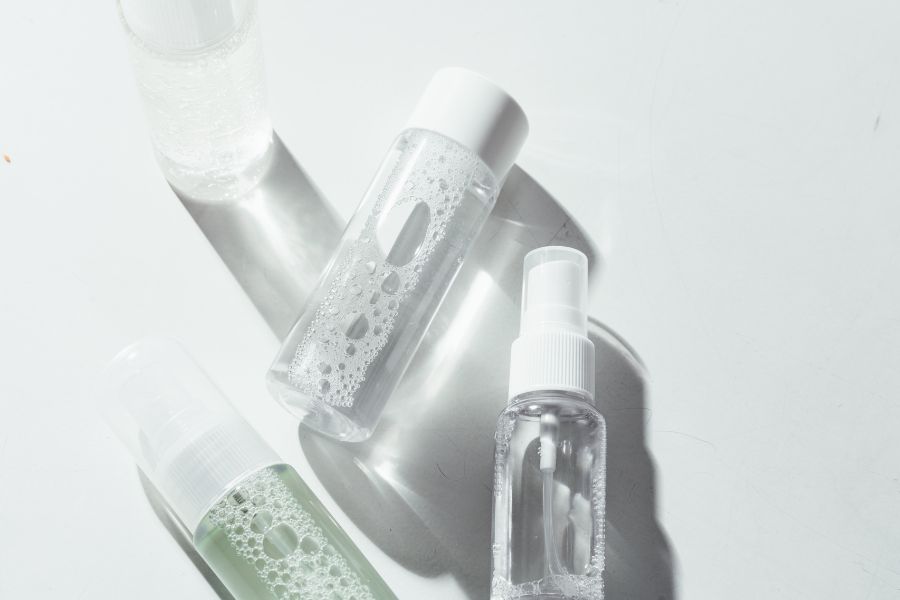
Hamamelis virginiana, otherwise known as Witch Hazel, is a native shrub to the United States and has been used by Native Americans for centuries due to its healing properties. It’s widely renowned for relieving inflammation and skin irritations. It’s even been used as an insect repellant.
Witch hazel is a great natural remedy for skin issues. It’s made from the bark and leaves of the Hamamelis virginiana plant. Witch hazel is known for its astringent and anti-inflammatory properties, and it’s often used to treat acne, reduce redness, and soothe skin.
You can find it in many over-the-counter skin care products, like toners, ointments, and lotions. You can also make witch hazel at home by boiling the bark and leaves of the plant in water. Strain the mixture and let it cool before applying it directly to your skin.
Along with its skin benefits, witch hazel is also said to help with digestion and relieve congestion. Witch hazel is a great natural remedy for skin issues and its use dates back centuries.
Thanks to its astringent and anti-inflammatory properties, it’s an effective remedy for treating acne, reducing redness, and soothing skin. So, if you’re looking for a natural remedy for your skin issues, witch hazel may be a good option.
Benefits Of Witch Hazel
- Acne – Witch hazel is known for its anti-inflammatory and astringent properties, which make it great for treating breakouts. It helps reduce inflammation and can help to treat both inflammatory and non-inflammatory types of acne like whiteheads. Witch Hazel is a type of astringent, which means it can works by drying out blemishes to speed up healing.
- Inflammation – Witch hazel is a natural anti-inflammatory, meaning it can help reduce inflammation on the skin. This makes it great for treating sensitive and irritated skin. Studies have shown that it could possibly help treat inflammatory skin conditions like psoriasis or eczema as well.
- Burns – Witch hazel has long been used as a home remedy to treat burns. From sunburns to chemical burns and even razor burn, witch hazel helps to soothe irritation and reduce inflammation.
Though witch hazel can be beneficial for those with acne-prone, sensitive or irritated skin, the type of witch hazel you use is very important. Many OTC witch hazel toners or astringents also contain irritating ingredients like fragrance and alcohol. These ingredients can further irritate your skin and lead to more acne and irritation. So be sure to look for one that’s alcohol-free and fragrance-free which is (sadly) hard to find.
Who Should Use Witch Hazel
Witch Hazel is beneficial for all skin types, including dry and sensitive skin. However, keep in mind that this totally depends on the product you are using. Many products with witch hazel contain alcohol, fragrance and essential oils, which will irritate the skin and can lead to further breakouts and inflammation.
With a well-formulated product, witch hazel can help to treat and prevent acne, soothe inflammation and reduce irritation and redness. Which is something all skin types can benefit from.
Those with oily or acne-prone skin will certainly benefit most from using witch hazel since its astringent properties help control excess oils and help to treat and prevent acne.
How To Use Witch Hazel
Witch hazel can be used morning and/or night. You can use a cotton pad or your fingers to apply it directly to clean skin.
Witch hazel should be used right after cleansing. Simply soak a cotton pad with witch hazel and gently swipe over your skin, or apply with your hands and press the witch hazel into your skin. Allow your skin to dry fully and follow with your regular skincare routine.
You can also use witch hazel as a spot treatment by applying it to pimples with your fingers or a q-tip.
Micellar Water Vs Witch Hazel Similarities & Differences
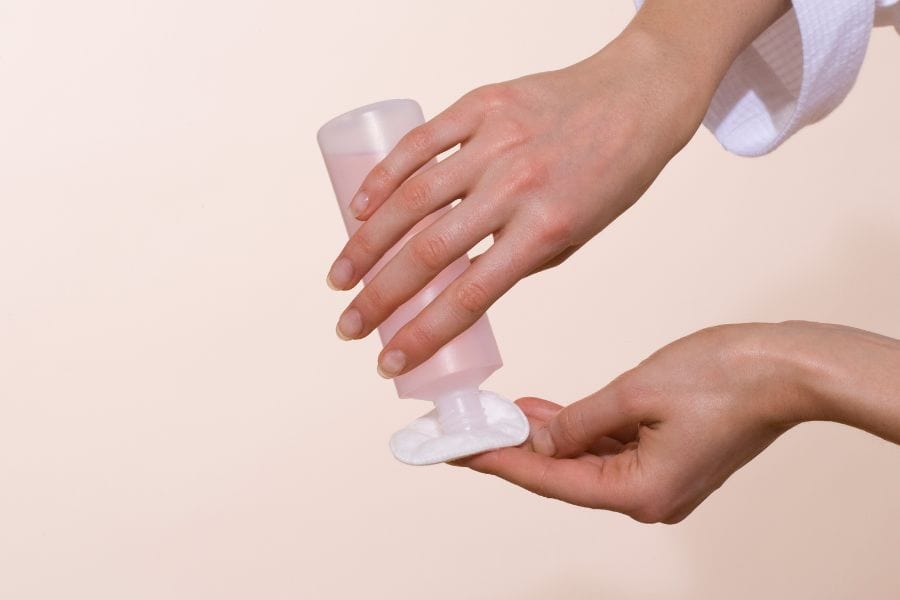
Micellar water and witch hazel are two incredibly different products that do different things for the skin.
Micellar water is a cleansing product, whereas witch hazel is like a toner. Micellar water can cleanse the skin, remove makeup and other impurities, while witch hazel is not an effective cleanser. Witch hazel helps to reduce inflammation and irritation while treating and preventing acne, whereas micellar water cannot.
Related post: What’s The Difference Between Micellar Water Vs Toner?
Micellar water is a great option for those who are looking for a gentle cleanser to help remove makeup and other impurities from the skin without stripping the skin of its natural oils. Witch hazel is best used as a toner for those who are looking to reduce inflammation, treat acne and soothe sensitive skin.
When it comes down to micellar water vs witch hazel, it really depends on your skin type and your skin concerns. If you have oily skin or prone to breakouts, witch hazel is the better option
Both micellar water and witch hazel are suitable for all skin types and can easily be incorporated into your daily skincare routine. Micellar water is great for cleansing and removing makeup, while witch hazel is perfect for reducing inflammation and treating skin concerns like acne.
Micellar water is used as the first step in your routine – cleansing. You should always use a regular cleanser after using micellar water to remove all the residue and impurities from your skin. Witch hazel is usually used after cleansing, and should be applied with a cotton ball or your hands and is left on the skin.
So if you’re wondering what’s the difference between witch hazel and micellar water, the bottom line is that micellar water is a type of cleanser, whereas witch hazel is a type of toner. Micellar water helps to remove makeup, dirt and oils from the skin and witch hazel helps to reduce inflammation and treat acne.
Micellar Water Vs Witch Hazel For Skin
If you’re trying to decide if you should use witch hazel or micellar water, here are some guidelines for each skin type and skin concern.
For Acne
Micellar water does not have any specific benefits for treating acne, it is more of a cleanser that removes makeup and dirt. Witch hazel, on the other hand, can be beneficial for those with acne-prone skin as it helps to reduce inflammation and irritation while drying up zits and balancing oil production. Witch hazel is best for those wanting something to help treat and prevent acne.
For Makeup Removal
For makeup removal, micellar water is the better option as it’s gentle and effective at removing all types of makeup, whereas witch hazel is not suitable for removing makeup.
Related post: Micellar Water Vs Cleansing Oil Vs Cleansing Balm For Makeup Removal
For Acne Scars
Neither witch hazel or micellar water are very beneficial for fading acne scars or hyperpigmentation, unless the product is formulated with brightening or exfoliating ingredients. It’s best to look for a different product if you’re wanting to treat acne scars. Vitamin c serums, retinols, chemical exfoliants, and brightening ingredients like alpha arbutin are best for fading acne scarring.
For Dry Skin
Neither micellar water or witch hazel can help to treat dry skin. However, micellar water is a great, gentle cleanser that won’t strip the skin and exacerbate dry skin. Witch hazel does not have any hydrating or moisturizing properties either. For dry skin, it’s best to for moisturizing ingredients such as oils, butters, ceramides, fatty acids and cholesterol.
For Sensitive Skin
Micellar water is the perfect option for those with sensitive skin. It’s gentle, won’t strip the skin of its natural oils and is effective at removing makeup and other impurities without causing any irritation or redness. Witch hazel can be beneficial for those with sensitive skin too as it helps to soothe inflammation, reduce redness.
So if you have sensitive skin and are wondering if you should use witch hazel or micellar water, it all comes down to what you are needing in your routine.
If you’re wanting a gentle cleanser, micellar water is the way to go. Or if you’re looking for a toner to help soothe skin, witch hazel is a great option.
For Oily Skin
Both micellar water and witch hazel can be beneficial for those with oily skin. Micellar water is a gentle cleanser that won’t strip the skin of its natural oils, and it’s effective at removing makeup and other impurities without irritating the skin.
Witch hazel helps to balance oil production, reduce inflammation and treat acne, which can also be beneficial for oily skin types.
Witch Hazel Vs Micellar Water FAQ’s
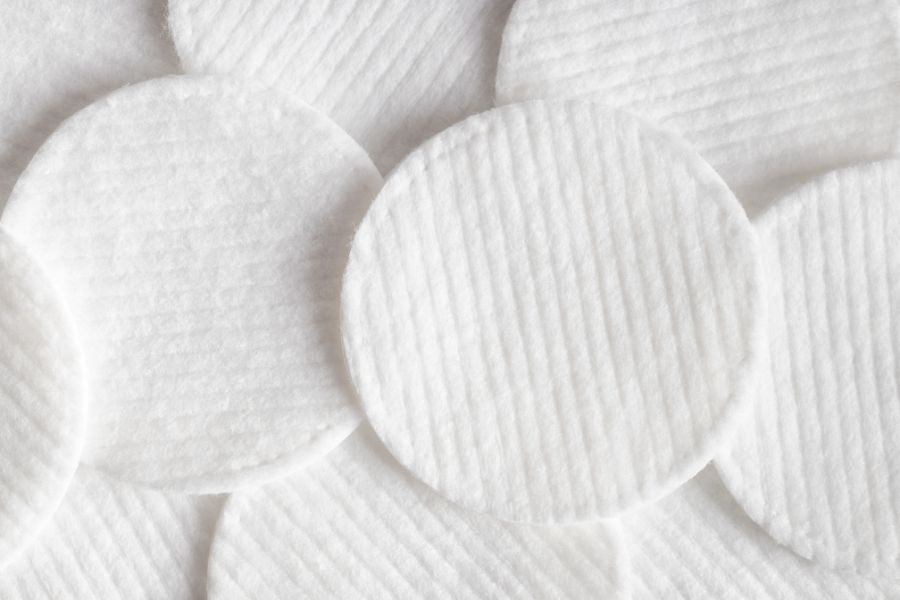
Is witch hazel good for makeup removal?
No, witch hazel is not suitable for makeup removal. Micellar water is the better option for this purpose as it’s gentle and effective at removing all types of makeup because of the micelles that attract oils, dirt and makeup to effectively remover them.
Is micellar water the best cleanser?
While micellar water is an effective cleanser, it’s not the best or most effective option. Cleansign oils or balms are much better at removing all traces of makeup, sunscreen and other impurities, particularly if you wear a lot of heavy or waterproof makeup.
Is witch hazel Good to clean your face with?
Witch hazel is not the best option for cleansing your face. While it may help to remove some dirt and oil, micellar water is much better at removing makeup, dirt and other impurities. Witch hazel acts more like a toner, which is used after cleansing the skin. You should use a dedicated cleanser like micellar water, cleansing oils, etc.
Is micellar water the best way to remove makeup?
Micellar water is an effective makeup remover, but it’s not the best choice if you wear a lot of heavy or waterproof makeup. If you wear lighter makeup like tinted moisturizer and minimal eye makeup, micellar water should be sufficient. For heavy makeup, it’s best to use an oil cleanser or cleansing balm/
Can I use witch hazel as micellar water?
No, witch hazel is not the same as micellar water and should not be used as a substitute. Witch hazel does not have the cleansing ability to effectively remove makeup and other impurities from the skin. If you use witch hazel to cleanse the skin, you’ll likely leave a lot of makeup, dirt and oil behind which can lead to clogged pores, acne and irritation.
Do dermatologists recommend micellar water?
Yes, many dermatologists recommend micellar water as it’s great for all skin types and is gentle and effective at removing makeup and other impurities from the skin.
Do dermatologists recommend witch hazel toner?
Most dermatologists recommend witch hazel toner, as long as it’s a well formulated product without alcohol, fragrance or essential oils.
Can I use micellar water and witch hazel?
Yes, micellar water and witch hazel can both be used in your skincare routine. Use micellar water as a gentle cleanser to remove makeup, dirt and other impurities from the skin. Then follow with a second cleanser to fully remove any residue and impurities. Follow with witch hazel to soothe inflammation, reduce redness and balance oil production before applying the rest of your skincare routine.
Is witch hazel a cleanser or toner?
Witch hazel is a toner and should not be used as a cleanser. Witch hazel should be used after cleansing to tone the skin and prep skin for the rest of your skincare routine.
Micellar Water Vs Witch Hazel Wrap Up
Both micellar water and witch hazel have their own unique benefits when it comes to skincare. Micellar water is a great gentle cleanser that can effectively remove makeup, dirt and other impurities from the skin without irritating or drying out your complexion. Witch Hazel is an excellent toner that helps reduce inflammation, balance oil production, treat acne and prep the skin for your subsequent skincare routine. Depending on your individual needs and preferences, micellar water or witch hazel may be better suited for you; however both are great options for all skin types! Ultimately it’s up to personal preference and what you are looking for in your skincare routine.
